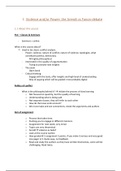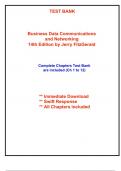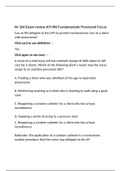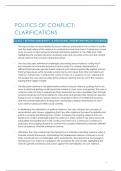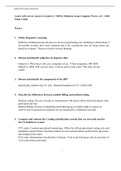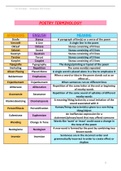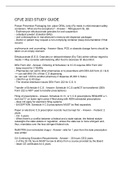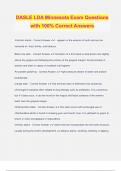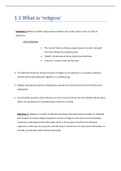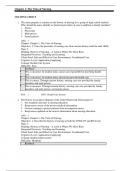Notes de cours
Summary Politics of Conflict
- Cours
- Politics of Conflict
- Établissement
- Universiteit Gent (UGent)
The document is a summary of all the courses (10) of Politics of Conflict, taught by Jeroen Adam. It is a collection of my class notes (including examples given in class, discussion points raised at the end of each class, his memes that should just get some credit), so quite extensive. Therefore, I...
[Montrer plus]
